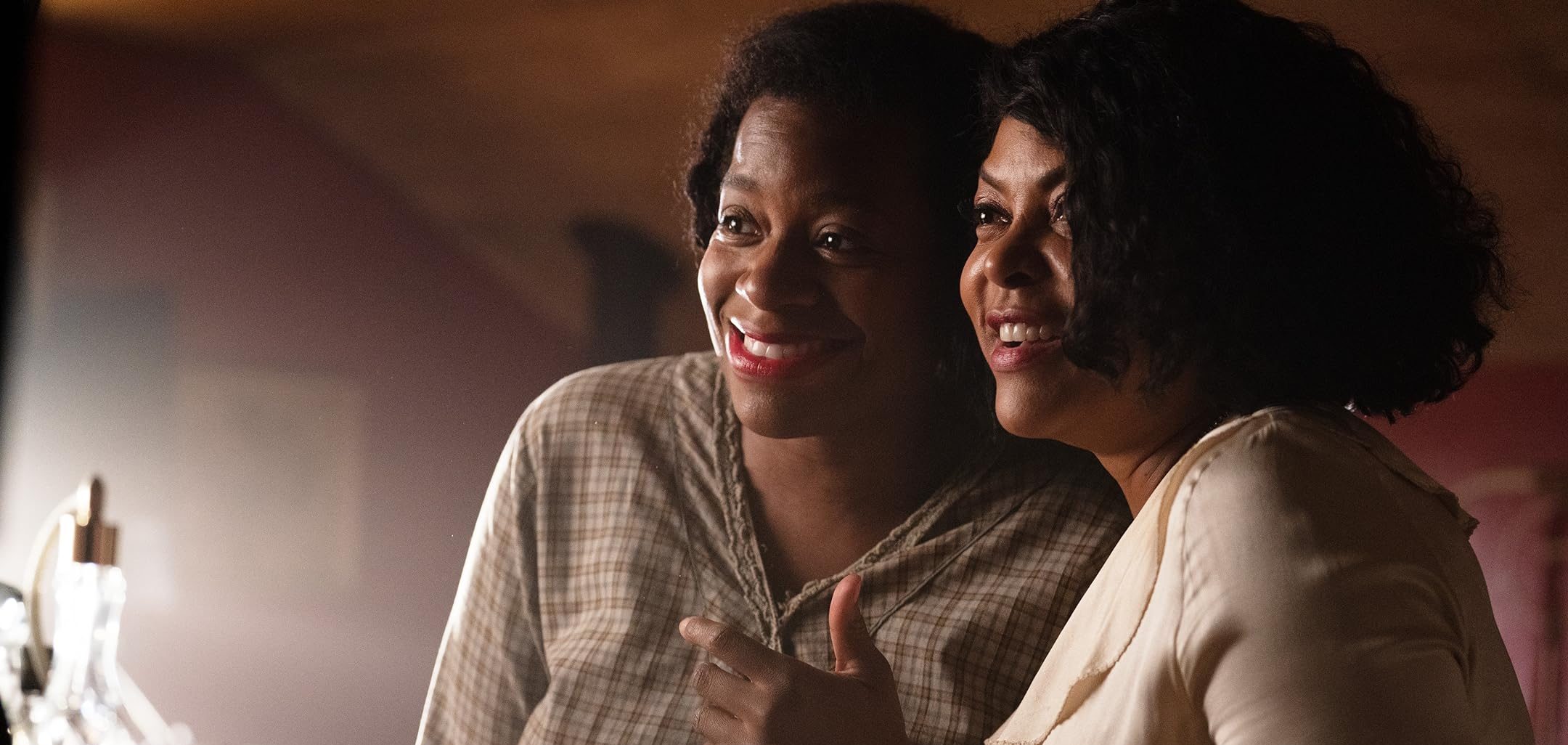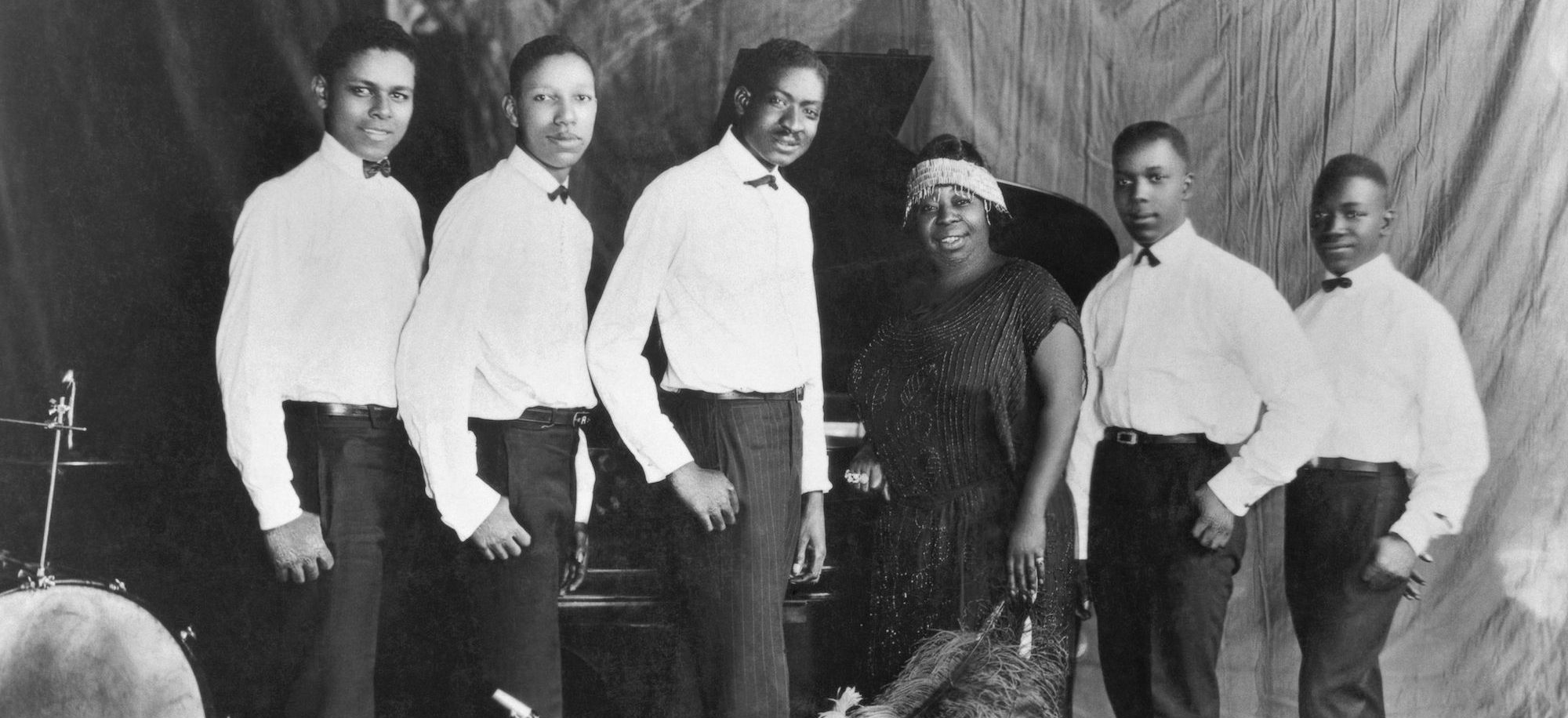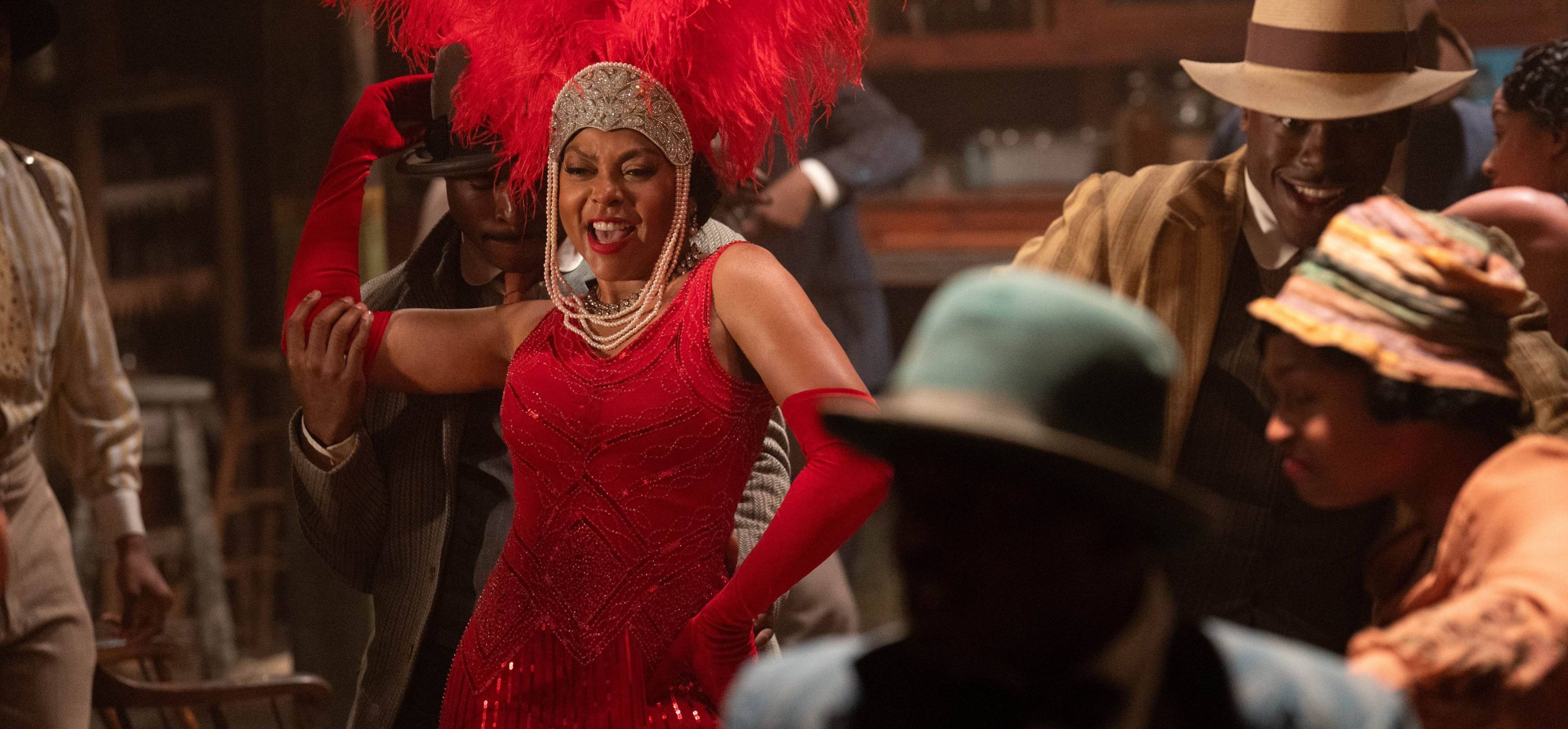In Blitz Bazawule’s period drama film ‘The Color Purple,’ Taraji P. Henson’s Shug Avery is an iconic singer who is “infamous” for being independent and free-spirited. Shug is the dream woman of Albert “Mister” Johnson, the husband of Celie Harris-Johnson. She eventually forms a romantic relationship with Celie as well. The character Shug was created by Alice Walker for her 1982 novel of the same name, the source text of the movie. Although the singer is fictional, the author’s characterization of Shug was inspired by several real-life figures, including two of the most iconic performers of all time!
The Inspirations Behind Shug Avery
First of all, Shug Avery is a completely fictionalized version of a woman who was a part of the life of Alice Walker’s grandmother Rachel, the inspiration behind Celie. “It is safe to say, after a frightful life serving and obeying abusive men, who raped in place of ‘making love,’ my grandmother, like Celie, was not attracted to men. She was, in fact, very drawn to my grandfather’s lover, a beautiful woman who was kind to her, the only grown person who ever seemed to notice how remarkable and creative she was,” Walker said in a statement. Like the aforementioned woman, Shug also has an intricate relationship with Celie’s husband Albert/Mister.

Walker’s decision to make Shug a remarkable singer is also rooted in reality. The author was inspired by the lives of several blues singers, mainly Ma Rainey, who is regarded as the “Mother of the Blues.” Like Rainey, Shug is a blues singer who is loved and hated for her free-spirited life. The sense of independence Rainey and her peers displayed influenced the novelist immensely. ”When I started working on ‘The Color Purple,’ I was listening to a lot of Bessie Smith, Ma Rainey, the women on the ‘Mean Mothers’ album. I loved the way they dealt with sexuality, with the relationships with men. They showed you had a whole self and you were not to succumb to being somebody else’s – as they would say – ‘play toy,’” Walker told the New York Times.
Like Shug, Ma Rainey reportedly had relationships with men and women. Three of her songs, most importantly “Prove It on Me Blues,” are considered as an admission of her bisexuality. Shug and Celie’s togetherness can be paralleled with the companionship Rainey shared with fellow singer Bessie Smith, who is regarded as the “Empress of the Blues.” “I believe she [Rainey] was courtin’ Bessie, they way they’d talk,” Rainey’s guitarist Sam Chatmon once said, as per Rolling Stone. Rainey was once arrested for participating in an “orgy” with other women. “[Rainey] and a group of young ladies had been drinking and were making so much noise that a neighbor summoned the police,” who arrived “just as the impromptu party got intimate,” as per Chris Albertson’s biography ‘Bessie.’

The free spirit of these blues singers is visible in Shug. Their lives also reminded Walker several women who lived around her. “Those singers also reminded me of the women in my own life. When I was growing up in Georgia, I had aunts who worked as domestics all week and on the weekends transformed themselves into femme fatales. They had this energy and bravado to live a fuller life than the one society had planned for them. And when I see a picture of Bessie Smith on one of those ornate sofas with feathers all around, I know she must have been the same way,” the author added to the New York Times.
Therefore, Shug can be seen as a combination of the women who lived around Walker and the legendary blues singers who are celebrated as the torchbearers of sexual and emotional liberation.
Read More: The Color Purple (2023): All the Filming Locations


You must be logged in to post a comment.